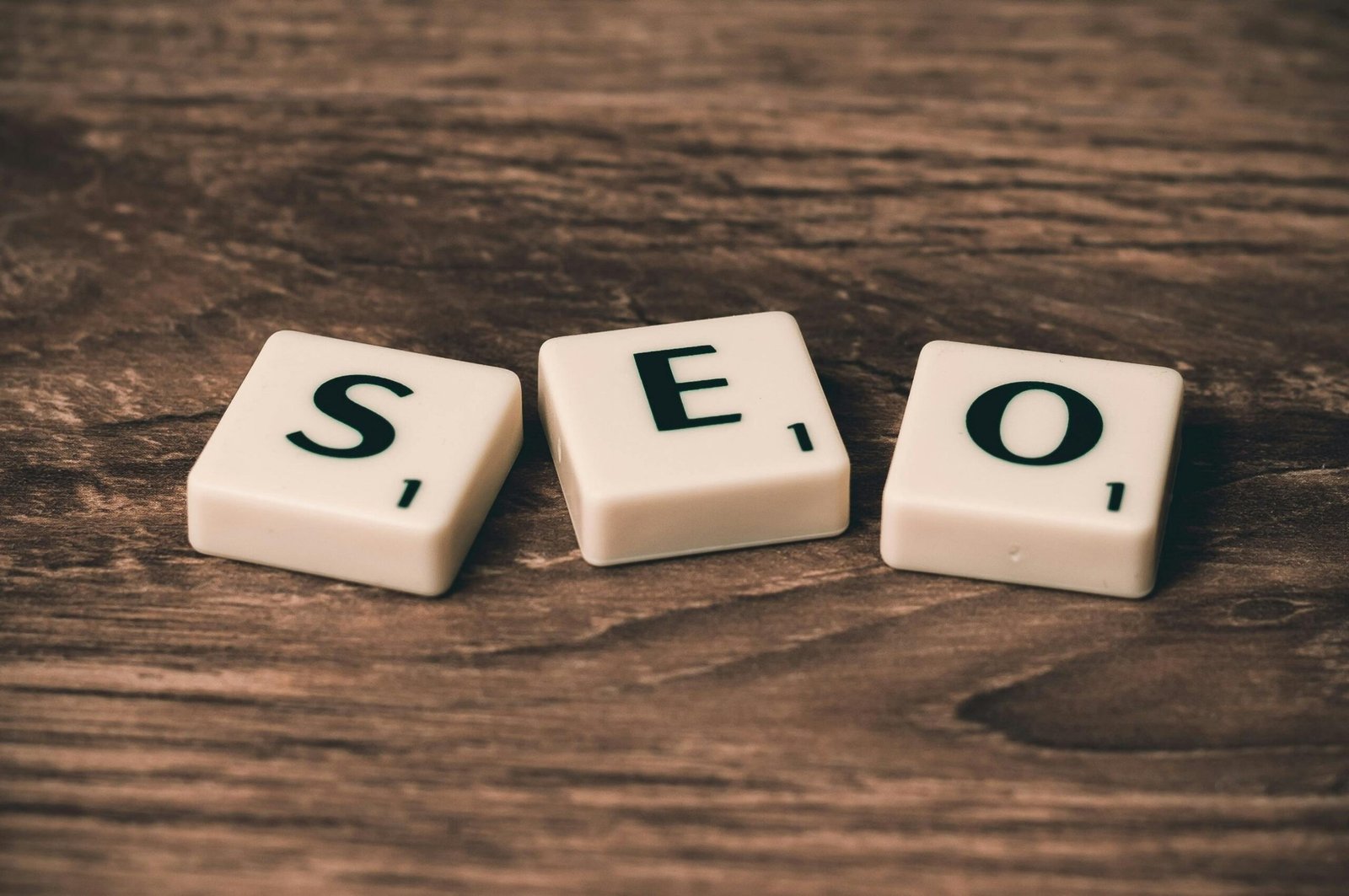TL;DR:
- Local SEO enhances visibility for small businesses to attract local customers.
- 46% of Google searches seek local information.
- Key strategies include:
- Mobile-friendly website
- Location-based keywords
- Google My Business profile
- Customer reviews
- Important tools:
- Whitespark ($0 – $50/month) for citations
- Screaming Frog ($0 – $200/year) for technical SEO
- Moz Local ($99 – $249/year) for listings
- Ahrefs ($99 – $999/month) for backlinks
- Tracking tools: Google Analytics and BrightLocal help measure performance.
- Engage with customers and maintain accurate business information for better local rankings.
Are small businesses missing out by ignoring local SEO? With 46% of Google searches looking for local info, skipping out on local SEO means missing out on potential customers right in your area. Imagine your cafe or boutique wrongly overshadowed by chains just because they rank higher locally. That just won’t do.
Understanding and implementing local SEO can ensure your business stays visible and competitive, bringing in more foot traffic and online attention. It’s the perfect tool to level the playing field against bigger competitors and secure your spot in local searches.
Understanding Local SEO for Small Businesses
Local SEO is all about making businesses visible in search results for nearby users. It focuses on optimizing a business’s online presence to attract more local customers. This involves using location-specific keywords and managing a Google My Business profile to enhance visibility.
Why is Local SEO Important for Small Businesses?
The answer is simple: visibility. With 46% of Google searches seeking local information, it’s vital to be visible to local consumers. Local SEO connects small businesses with customers ready to buy nearby. By showing up in local search results, you can draw in more foot traffic and boost sales.
Local SEO helps small businesses stand out against bigger competitors. By focusing on local customers, small businesses can gain an edge. Optimizing for local searches ensures visibility to nearby clients, helping you grow in a competitive market.
Key Local SEO Strategies for Small Businesses 
Is your website mobile-friendly? If not, it should be. With more people browsing on smartphones, a mobile-ready site is vital for local SEO success. A site that doesn’t load well on phones may repel potential customers. Ensuring your site is easy to navigate on all devices helps attract and keep local visitors.
Looking to draw in local customers? Start by pinpointing location-based keywords. These are words your potential customers use when searching for nearby services. Including your city or neighborhood in keywords can increase visibility in local searches. For instance, a bakery in Austin might use “Austin bakery” to reach nearby searchers.
Here are six steps to optimize for local SEO:
- Optimize for mobile-friendliness
- Identify location-based keywords
- Use local keywords in meta titles
- Create location-specific pages
- Set up a Google Business Profile
- Encourage customer reviews
Why are customer reviews important? They build trust and influence potential buyers. Positive reviews can sway someone to choose your business over a competitor. Encouraging satisfied customers to leave reviews enhances your online reputation and boosts local search rankings. Responding to reviews shows you value feedback, further enhancing your business’s local appeal.
Tools and Resources for Local SEO Success
Local SEO tools are vital for small businesses aiming to improve online presence. They help with tasks like citation management, backlink analysis, and outreach. Whitespark Local Citation Finder, for example, identifies local citation opportunities. Screaming Frog aids in technical SEO by crawling websites for issues. Moz Local helps manage business listings, ensuring data consistency. Ahrefs offers robust backlink analysis, aiding growth.
Using these tools effectively is key to enhancing local SEO efforts. They provide insights and data which are hard to gather manually, saving time and improving accuracy. A tool like BrightLocal can streamline managing local SEO campaigns. It offers features for tracking rankings and handling reviews, empowering small businesses to compete with larger firms using data-driven strategies.
| Tool | Functionality | Pricing |
| Whitespark | Local citation finder | $0 – $50/month |
| Screaming Frog | Technical SEO audit | $0 – $200/year |
| Moz Local | Business listing management | $99 – $249/year |
| Ahrefs | Backlink analysis | $99 – $999/month |
Optimizing Google My Business for Local SEO 
Creating a Google Business Profile is essential for local SEO success. Why is it important? Precision: It gives a platform to display accurate business information, crucial for attracting local customers. Correct business details make it easier for clients to find and contact you. Verify your Google Business Profile to appear in Google Map searches, improving visibility for local searchers.
Regular updates and engagement with your profile can significantly impact SEO. Why update it? Staying current: Keeping your profile updated ensures customers have accurate details. Engage with reviews by responding promptly. This shows you value feedback, boosting your reputation online. Such interactions improve trust and signal to search engines that your business is active.
How does Google My Business impact local rankings? Influence: An optimized profile boosts local search visibility. Regular engagement and accuracy increase chances of appearing in local results. By leveraging this tool, you enhance local SEO efforts, helping your business stand out and attract more nearby customers.
Building Local Links and Citations
Why are backlinks important for local SEO? They’re endorsements from other websites. When your business gets local links, it signals trustworthiness and relevance to search engines. Backlinks can boost your rankings, making you more visible. Participating in community activities can generate valuable links, increasing brand awareness.
How do local business citations boost visibility? They confirm business details across the web. Accurate listings in directories like YellowPages or Yelp enhance legitimacy, making it easier for customers to find you. Citations provide consistency, valued by search engines, and improve chances in local searches. Maintaining up-to-date information is crucial for optimizing citations.
- Participate in community events
- Collaborate with local businesses
- List business in local directories
- Encourage media coverage
- Engage with local influencers
Tracking and Measuring Local SEO Performance 
Tracking SEO performance is key for small businesses. It reveals what works and what needs fixing. By monitoring local SEO efforts, businesses can identify successful strategies, ensuring tactics align with trends and behavior. Staying on top of changes keeps businesses competitive and visible in local results.
What tools and metrics help measure local SEO success? Google Analytics and BrightLocal are effective options. They offer insights into metrics like traffic, engagement, and conversions. These tools reveal how well a business reaches local audiences and where adjustments are needed. Continuous monitoring and adjustments ensure businesses remain relevant, adapting to meet market demands.
Final Words
Mastering local SEO for small businesses can be a game-changer. By understanding its importance, you can effectively enhance your visibility in local searches. Adopting mobile-friendly websites, targeting location-based keywords, and engaging through Google Business Profiles can position your business strongly against larger competitors.
Tools like Whitespark and local citation services are invaluable for optimizing your efforts. Building local links further strengthens your business’s search presence. Tracking performance ensures your strategies remain effective, keeping you ahead in a competitive market.
Embracing these strategies helps small businesses thrive in their communities, boosting both visibility and success.
FAQ
What is local SEO in digital marketing?
Local SEO involves optimizing a business so it appears in local search results. It’s crucial for small businesses targeting local customers by focusing on location-specific keywords and Google My Business optimization.
Why is local SEO important for small businesses?
Local SEO is vital because 46% of Google searches are local. It helps small businesses be found online, boosting visibility and allowing them to compete with larger firms.
What are effective strategies for local SEO?
Effective local SEO strategies include having a mobile-friendly site, using location-based keywords, setting up a Google Business Profile, optimizing meta titles, creating localized content, and encouraging customer reviews.
What are some examples of local SEO?
Examples include creating a Google Business Profile, optimizing for mobile users, listing in local directories like Yelp, and targeting local keywords on your website.
Are there different types of local SEO?
Yes, strategies vary from optimizing on-page content for local keywords, creating business listings, to gathering reviews and backlinks from local sources.
Is local SEO worth it for small businesses?
Yes, local SEO is worth it. It enhances visibility, connects with local customers, and is often more affordable than broader SEO tactics, driving traffic and sales efficiently.
How much should SEO cost for a small business?
SEO costs for small businesses vary widely, from $500 to $5,000 monthly, depending on services and strategies needed. Tailoring approaches based on budget is crucial.
How much do local SEO services cost?
Costs for local SEO services typically range from $300 to $2,000 per month, influenced by business size, competition, and specific needs.
Does SEO really work for small businesses?
Yes, SEO works for small businesses by improving search visibility, leading to more traffic, customers, and potentially higher revenue. Consistency and targeting are key.

